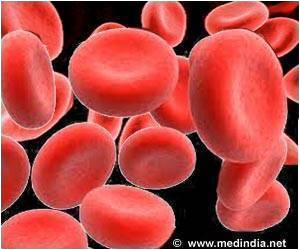People who uphold traditional masculinity beliefs tend to blame the victim or not report rape even if it occurs to them, finds a new study.

‘Gender role beliefs and sexual orientation together with the sex of the perpetrator have been found to affect their attributions of blame; this could influence the tenuous decisional balance that map onto patterns of underreporting in actual rapes’





Afterward, participants were asked to indicate how much blame they felt was attributable to the perpetrator or the victim; and then to consider, if they were the victim, how likely they would be to (1) tell people they know that the rape happened, or (2) to report it to authorities. Even in situations that were rape, individuals often appeared on the fence about whether or not they would disclose the rape to others.
"In general, participants were ambivalent about disclosing that they had been sexually assaulted, even though they identified the attack as a definite rape," said Binghamton University Associate Professor of Psychology Richard Mattson, corresponding author for the study. "The participants' gender role beliefs and sexual orientation, together with the sex of the perpetrator, seems to affect their attributions of blame, which could influence this tenuous decisional balance in ways that map onto patterns of underreporting in actual rapes."
The researchers found that male and heterosexual participants were more likely to blame victims and less likely to blame perpetrators, and were also less likely to disclose the rape if they were the victim. Endorsement of traditional beliefs and assumptions about men and masculinity seemed to be driving these associations.
"Regardless of gender (and sexual orientation), those who believed men should act more stereotypically masculine were less likely to either report rape or disclose having been assaulted," said Mattson. "In part, this was because those endorsing such ideologies blamed victims more and minimized the responsibility of the perpetrators. However, the overall pattern of effects suggests a more complex picture in which different aspects of the masculine gender role might relate to underreporting for different reasons."
Advertisement
"Regardless of how much blame a person placed on the victim for being raped, it was how they viewed the perpetrator, how much blame they assigned to them, that affected their likelihood to report the incident to authorities," said Mattson.
Advertisement
"Our findings suggest that challenging belief systems and cultural narratives about rape that exonerate perpetrators - particularly those related to gender and sexual orientation - may help to increase the reporting of rapes, which has implications for both public safety and the support and resources available to, and accessed by, victims of rape," said Mattson. "We hope these findings will serve to prevent the inadvertent and unjust blaming of victims while giving guilty perpetrators a pass."
Source-Eurekalert











